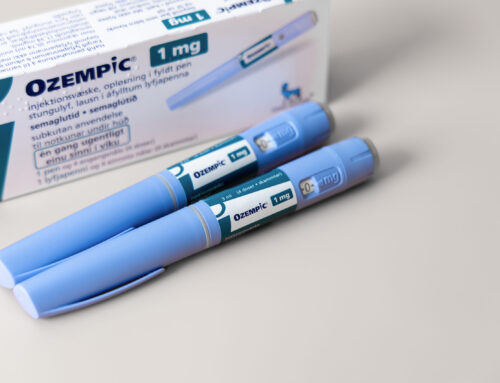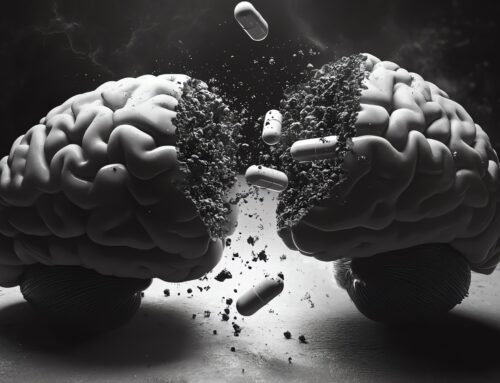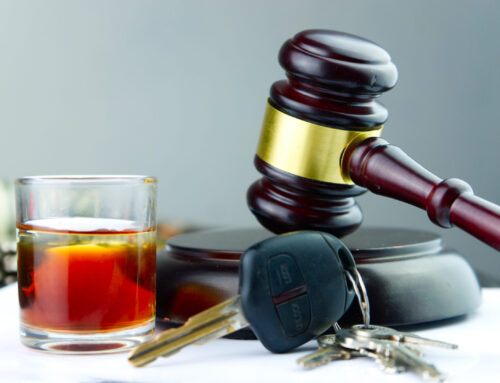It’s no secret that alcohol has been the most popular drug around since humans first discovered fermentation. Around 63% of American adults drink alcohol. For most of them, drinking in moderation does not lead to any serious consequences. But for at least 25 million Americans, it’s a different story. It is estimated that at least that many of us have had an alcohol use disorder (AUD).
This article for Achieve Wellness and Recovery explores alcohol use disorders, their consequences and what can be done to help.
What is an Alcohol Use Disorder?
In a nutshell, Alcohol Use Disorder (AUD) is a medical condition characterized by an impaired ability to stop or control alcohol use despite adverse social, occupational, or health consequences. It’s also commonly referred to as alcoholism or alcohol addiction. It is important to understand that whether or not a person has an alcohol use disorder is determined by more than just the quantity of alcohol they consume or how often.
Without a doubt, drinking to excess and/or too frequently can lead to negative consequences. However, one of the ways an alcohol use disorder is diagnosed is by analyzing behavior. The quantity and frequency with which someone drinks is relevant. But perhaps the most relevant factor is what that person does in response to negative consequences due to drinking.
Where Does Alcoholism Begin?
We’ll use college drinking as an example. Most Americans drink alcohol during their college years and it’s not at all unusual for some of them to drink more than just a little. College often represents the first taste of social freedom and autonomy they experience. Call it the folly of youth or sowing their wild oats, but plenty of college students get drunk on the weekends. However, this does not necessarily mean they all have alcohol use disorders.
It’s been said that only you can decide if you have alcoholism or not. But it’s also fair to say that alcoholism begins when drinking becomes more important than responsibility, health, and safety. Sticking with our college example, let’s take two hypothetical college best friends. We’ll call them Chloe and Heather.
A Story About Two Friends and When Drinking Goes Too Far
Both Chloe and Heather like to drink heavily on weekends. But they reach a point where their grades are beginning to suffer. Then one evening they are involved in a terrible car accident. The driver, who was also drinking, is tragically killed.
Chloe and Heather both survive the accident with little more than bumps and bruises. Chloe sees how her drinking has caused her grades to decline, jeopardizing her scholarship and now she may have narrowly escaped death in a fatal car accident. She recognizes that her drinking is affecting her grades and it compromised her judgment and led her to get into a car with a drunk driver behind the wheel. Chloe decides that’s enough.
She goes to Heather and says “We both have to straighten up, we could have died!” Chloe suggests they both limit their drinking to 3 beers a night and only on weekends. Heather reluctantly agrees. Two weeks go by however and Heather is back to drinking as much or more than before. Chloe pleads with her to stop or at least cut down. She tried to appeal to her reason and emotion. She reminds her if she doesn’t get her GPA up she will lose her scholarship as well and be expelled from school. She reminds her about the car accident.
Heather, however, doesn’t see the big deal. She accuses Chloe of acting like her mom. She angrily insists that she’s an adult and she knows what she’s doing and can make her own decisions. Chloe is shocked. She cannot understand why her friend cannot see how much damage alcohol has already done in her life. Heather continues to drink more and more and the friends grow apart. Eventually, she reaches a point where she ends up in the hospital with alcohol poisoning and is discharged into an alcohol detox and treatment program.
The Moral of Our Story About Alcohol Use Disorders
Our hypothetical story oversimplifies things for the sake of illustrating one simple, but very important point about alcohol use disorders. That is that, ultimately they are about not only misusing alcohol but continuing to drink even in the face of serious consequences.
In the story, Chloe responds to the consequences of drinking by cutting back on how much she drinks and when. Heather half-heartedly attempts to, but addiction draws her back to alcohol again and again, in spite of serious consequences. This is a simple distinction between “heavy drinking” which both girls were engaged in and an alcohol use disorder, which only Heather exhibited.
A person with an alcohol use disorder (AUD):
What Are Some Consequences of an Alcohol Use Disorder?
We have explained that alcohol use disorders are partly defined by a person’s refusal to reduce or stop their drinking, even in the face of consequences. But, what are the consequences of an alcohol use disorder? There are many. We may have health consequences as a direct result of consuming too much alcohol. Heavy alcohol use often has a psychological impact as well. Then there is the damage that may be done to relationships, as well as legal consequences.
Below are two lists of some of the more common consequences of a drinking problem.
Physical Consequences of an Alcohol Use Disorder
Psychological, Social and Legal Consequences of an Alcohol Use Disorder
Do I Have an Alcohol Use Disorder?
This may be the most difficult question a person ever has to ask themselves. If you or someone you love has experienced any of the consequences listed above and continues to drink in spite of them, then it is possible that an alcohol use disorder is to blame. The only way to know for certain though is to be diagnosed by a medical professional.
If you have questions about alcohol use disorders and treatment for alcoholism in NJ, we have answers. Achieve Wellness and Recovery is dedicated to providing a safe space where people can heal and recover from substance use disorders, including alcoholism.
If you or someone you love could benefit from the best, common sense mental health and alcohol use disorder treatment in New Jersey, contact Achieve Wellness and Recovery at (833) 680-0142
You can also click here to find out how our program can work with your insurance.








